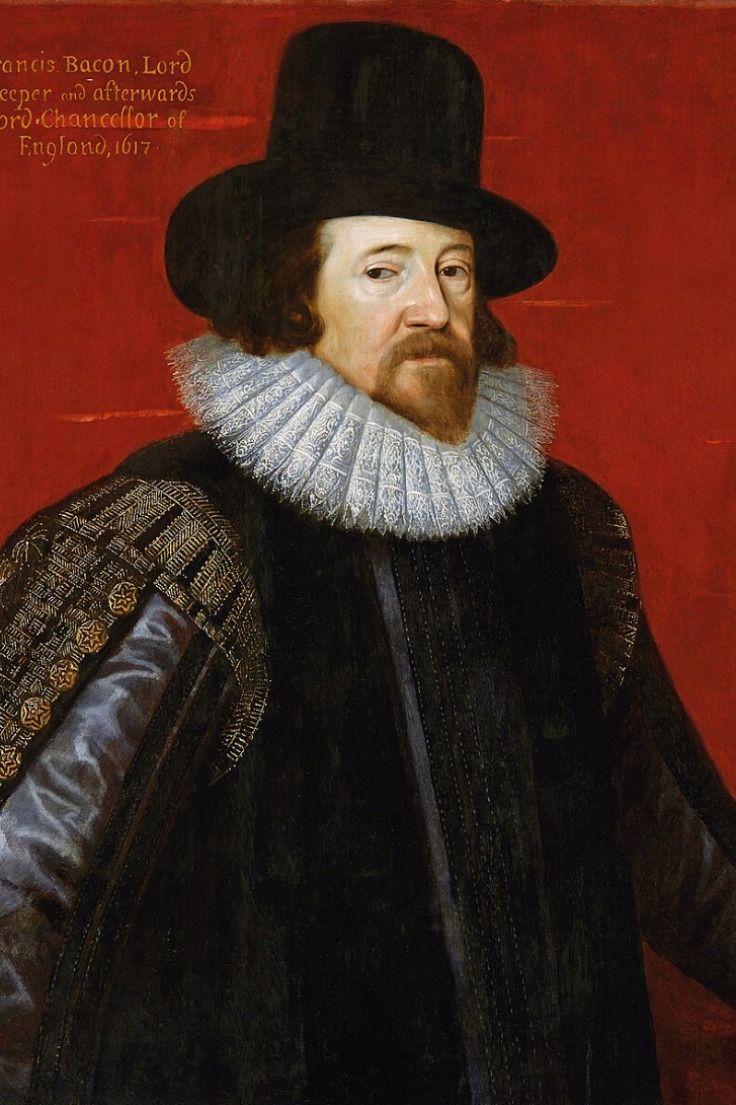
Personal info
Known for
Ultimate Talent
Gender
Male
Birthday
22 January
Location
England, United Kingdom
Edit pageFrancis Bacon
Biography
Francis Bacon was an English philosopher, statesman, scientist, and writer whose ideas transformed the way humans approach knowledge and discovery. Often called the Father of Empiricism and the Founder of the Scientific Method, Bacon championed observation, experimentation, and reason as the foundations of progress. His vision helped lay the groundwork for modern science and the Enlightenment.
Early Life and Education
Francis Bacon was born on January 22, 1561, in London, England, into a well-connected family. His father, Sir Nicholas Bacon, served as Lord Keeper of the Great Seal under Queen Elizabeth I, and his mother, Anne Cooke Bacon, was highly educated and fluent in several languages.
From a young age, Bacon displayed an exceptional intellect and curiosity about nature and human thought. He studied at Trinity College, Cambridge, where he became dissatisfied with the Aristotelian philosophy that dominated education at the time. He later studied law at Gray’s Inn and began a career in public service.
Career and Public Life
Bacon’s career was a mix of politics and intellectual pursuits. He entered Parliament in 1584 and served under both Queen Elizabeth I and King James I. His political rise was steady — he became Attorney General, then Lord Chancellor, one of the highest offices in England.
However, his political life ended in controversy. In 1621, Bacon was accused of corruption for accepting bribes and was removed from office. Though he admitted to negligence rather than corruption, the scandal ended his public career. Afterward, he devoted himself entirely to writing and scientific study.
Philosophical Contributions and Major Works
Bacon’s intellectual legacy lies in his revolutionary approach to knowledge. He rejected the medieval reliance on authority and abstract reasoning, arguing instead for empirical observation and inductive reasoning — deriving general principles from specific observations.
His most important work, “Novum Organum” (1620), outlined his new method of scientific inquiry. He proposed that knowledge should be built through careful experimentation, systematic observation, and logical analysis — what we now call the scientific method.
Bacon also warned against the “Idols of the Mind” — biases and errors that distort human reasoning — and emphasized the need for intellectual humility and open-mindedness.
Other notable works include “The Advancement of Learning” (1605) and “The New Atlantis” (1627), the latter a visionary description of a utopian society built on science and discovery.
Later Life and Death
In his later years, Bacon continued his experiments and writings despite declining health. His passion for science remained strong until the end. In 1626, while experimenting to preserve meat by stuffing it with snow, he caught pneumonia and died shortly afterward on April 9, 1626, near London.
Legacy
Francis Bacon’s influence on modern science is immeasurable. His insistence on empirical methods, systematic observation, and critical thinking became the cornerstone of the scientific revolution. He inspired later thinkers such as Isaac Newton, John Locke, and Thomas Hobbes, and his ideas continue to underpin modern scientific research and methodology.
Bacon also influenced literature and philosophy through his essays, which explored topics like truth, friendship, ambition, and morality with remarkable clarity and wisdom.
Conclusion
Francis Bacon redefined the pursuit of knowledge by turning away from speculation and toward evidence and experience. His belief that science should serve humanity’s progress still resonates today. Through his vision of reason guided by observation, Bacon helped ignite an intellectual revolution — one that continues to shape how we understand the world.